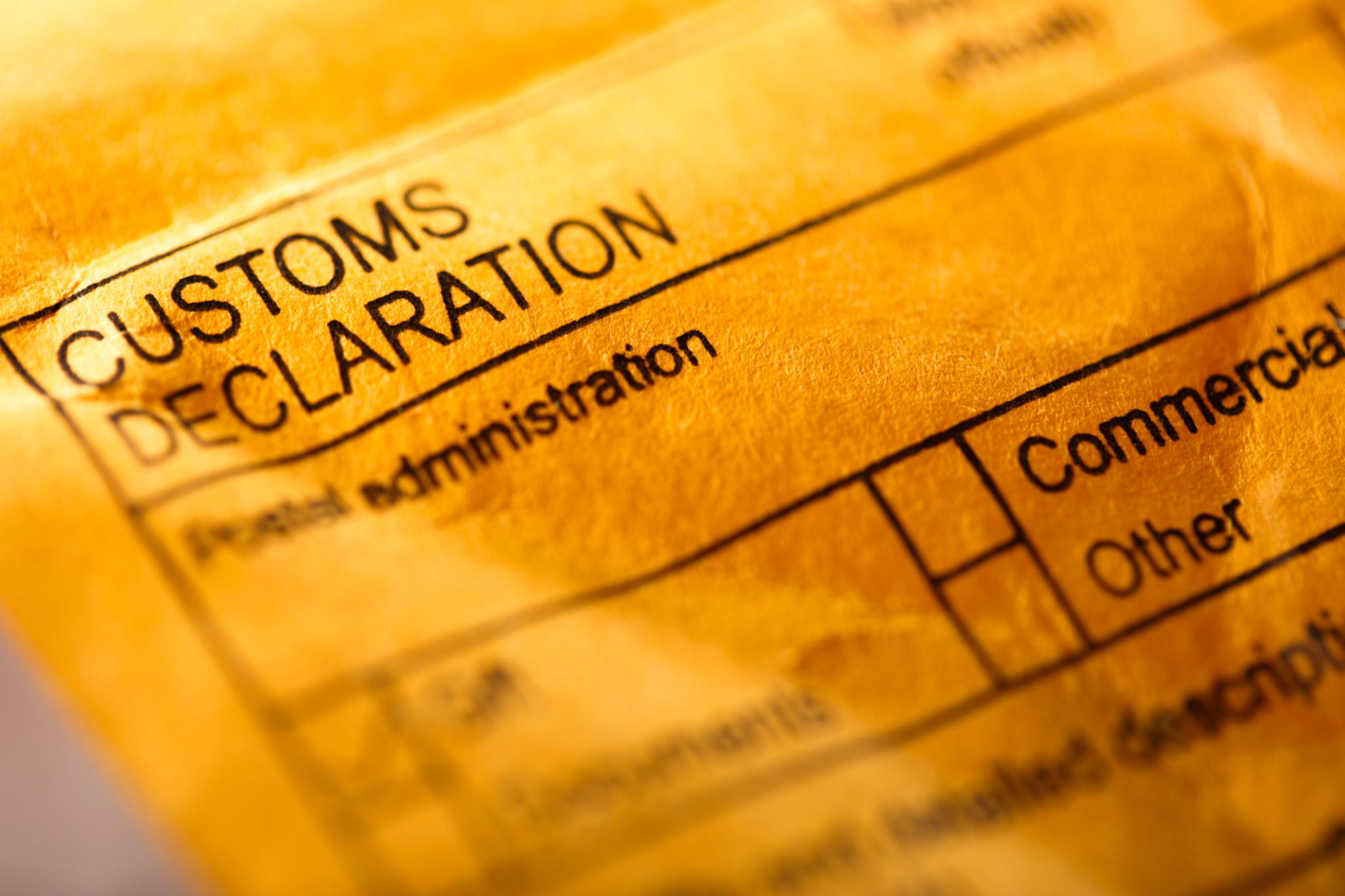Navigating Import Regulations for Wholesale in Los Angeles
Understanding the Basics of Import Regulations
Importing goods into Los Angeles, a bustling hub of commerce, requires a thorough understanding of various regulations. These rules are designed to protect both the domestic market and consumers. As a wholesaler, it's crucial to comprehend these regulations to ensure a smooth importing process.
The first step in navigating import regulations is to familiarize yourself with the U.S. Customs and Border Protection (CBP) requirements. The CBP oversees all imports into the United States and enforces laws about tariffs, quotas, and prohibited goods.

Additionally, understanding the Harmonized Tariff Schedule (HTS) is essential. This classification system determines the duties and taxes on imported goods. As a wholesaler, ensuring that your goods are classified correctly can save time and money.
Key Documents Required for Importing
Proper documentation is critical when importing goods into Los Angeles. The most significant documents include the Bill of Lading, the commercial invoice, and the packing list. Each document serves a specific purpose and must be completed accurately.
The Bill of Lading acts as a receipt for the shipment and outlines the terms of delivery. Meanwhile, the commercial invoice provides details about the goods, such as price, description, and total value. The packing list offers an itemized description of the cargo.

Moreover, a thorough understanding of importer security filing (ISF) or "10+2" is crucial. This filing requires importers to submit data electronically to CBP before importing by ocean freight.
Complying with Specific Regulations
Besides federal regulations, local laws in Los Angeles can influence your importing activities. For instance, certain goods may require additional permits or undergo specific inspections. Understanding these local requirements is vital for avoiding delays.
For example, if you're importing food products, you must comply with the Food and Drug Administration (FDA) regulations. The FDA has stringent rules about food imports to ensure that they meet U.S. safety standards.

Similarly, if you’re dealing with textiles or clothing, be aware of the Federal Trade Commission's rules on labeling and advertising. These regulations ensure that consumers receive accurate information about products.
Choosing the Right Partners
Partnering with experienced logistics companies can significantly ease the navigation of import regulations. These companies have expertise in handling documentation, customs clearance, and transportation logistics, ensuring that your goods reach their destination smoothly.
Freight forwarders and customs brokers are particularly valuable partners for wholesalers in Los Angeles. They not only ensure compliance with regulations but also provide insights into cost-saving opportunities in shipping and tariffs.

By choosing the right partners, you can focus more on growing your business while leaving the complexities of import regulations to experts.
Staying Updated with Changes
The landscape of import regulations is continually evolving. Changes in trade agreements, tariffs, and international relations can affect how you conduct business. Staying informed about these changes is crucial for maintaining compliance and competitiveness.
Subscribing to industry newsletters, participating in trade associations, and attending relevant seminars can provide valuable updates on regulation changes. Regularly checking official government websites is also a reliable method to stay informed.

By proactively managing your knowledge of import regulations, you can anticipate changes and adapt your strategies accordingly, ensuring long-term success in the wholesale industry in Los Angeles.